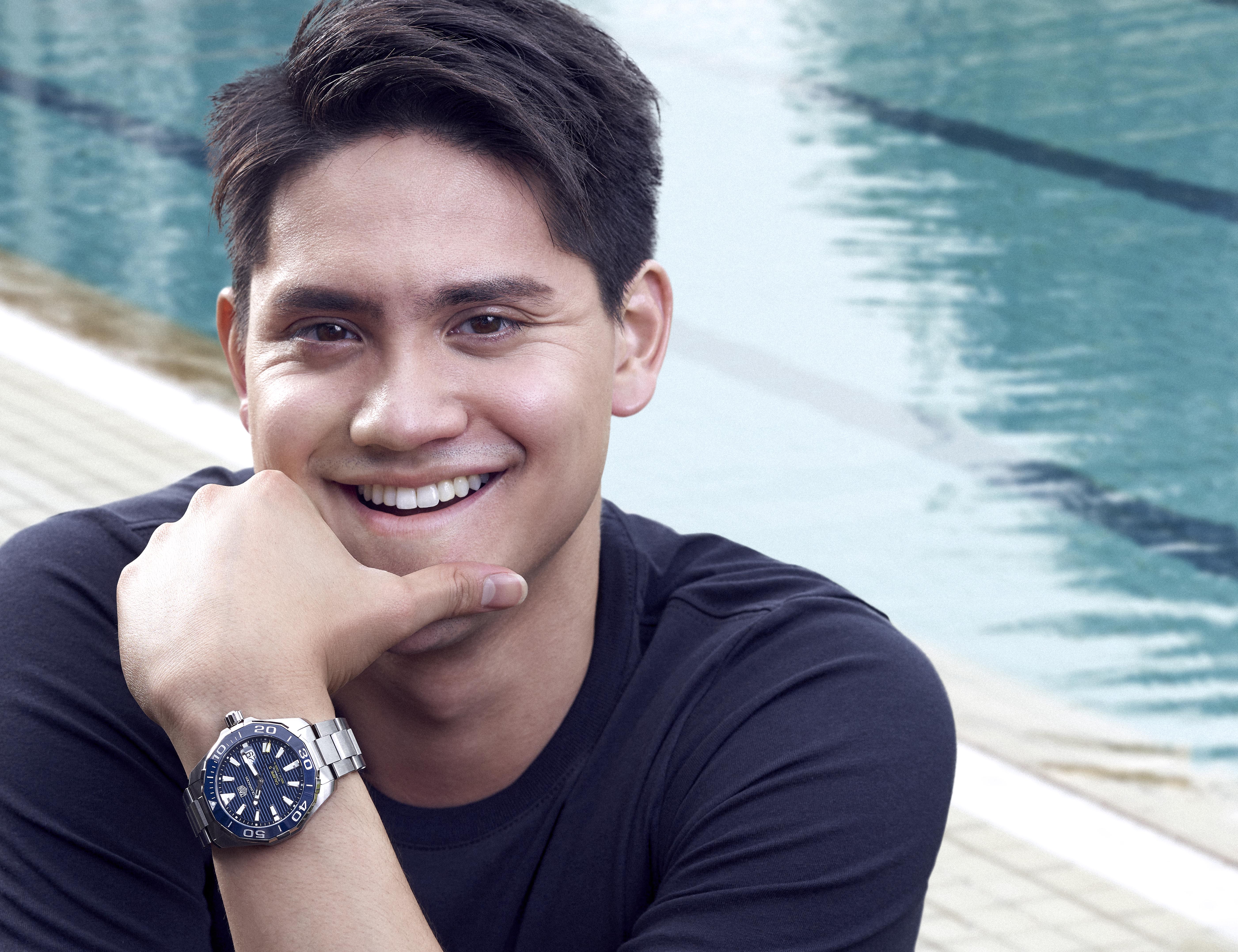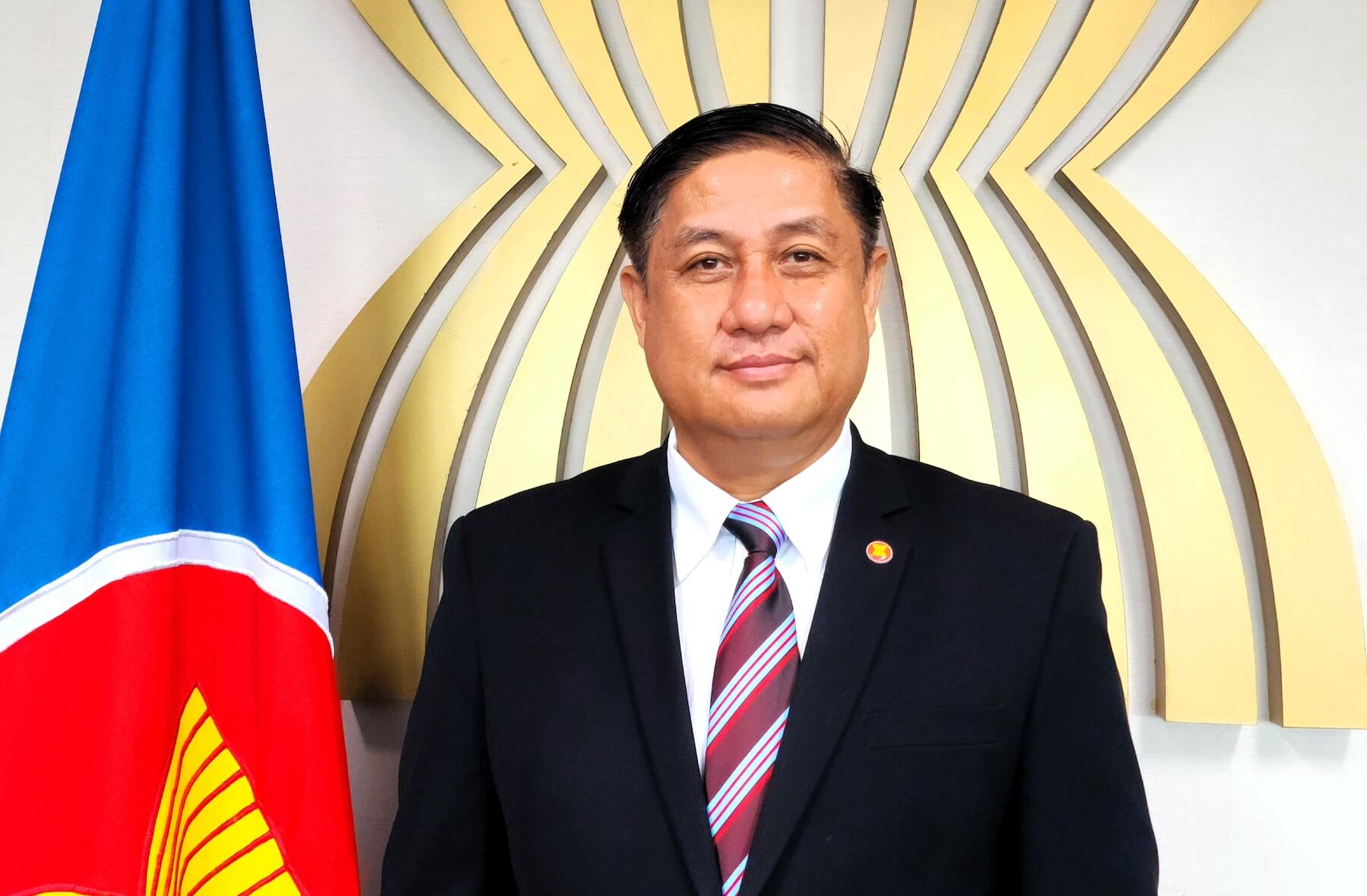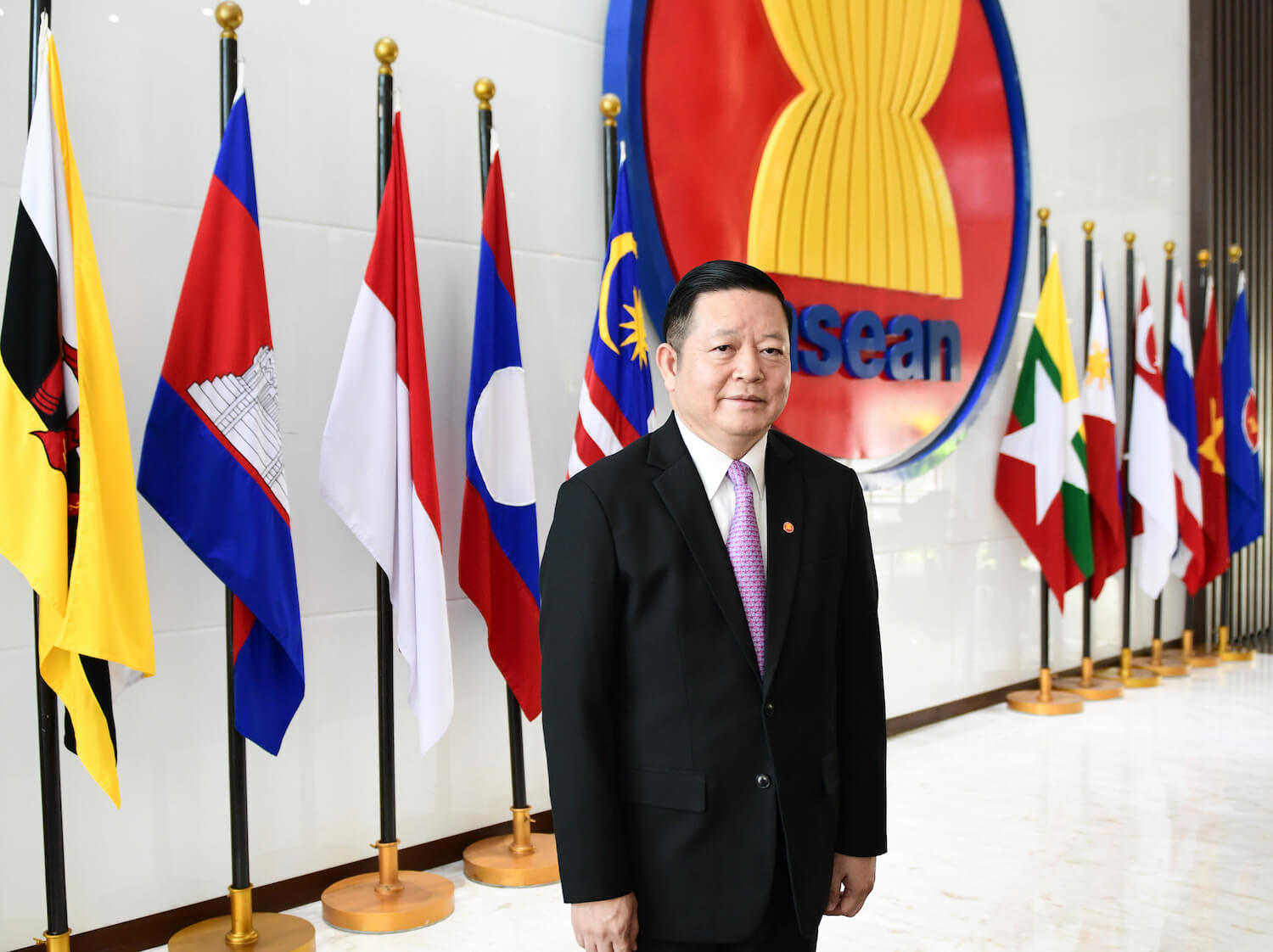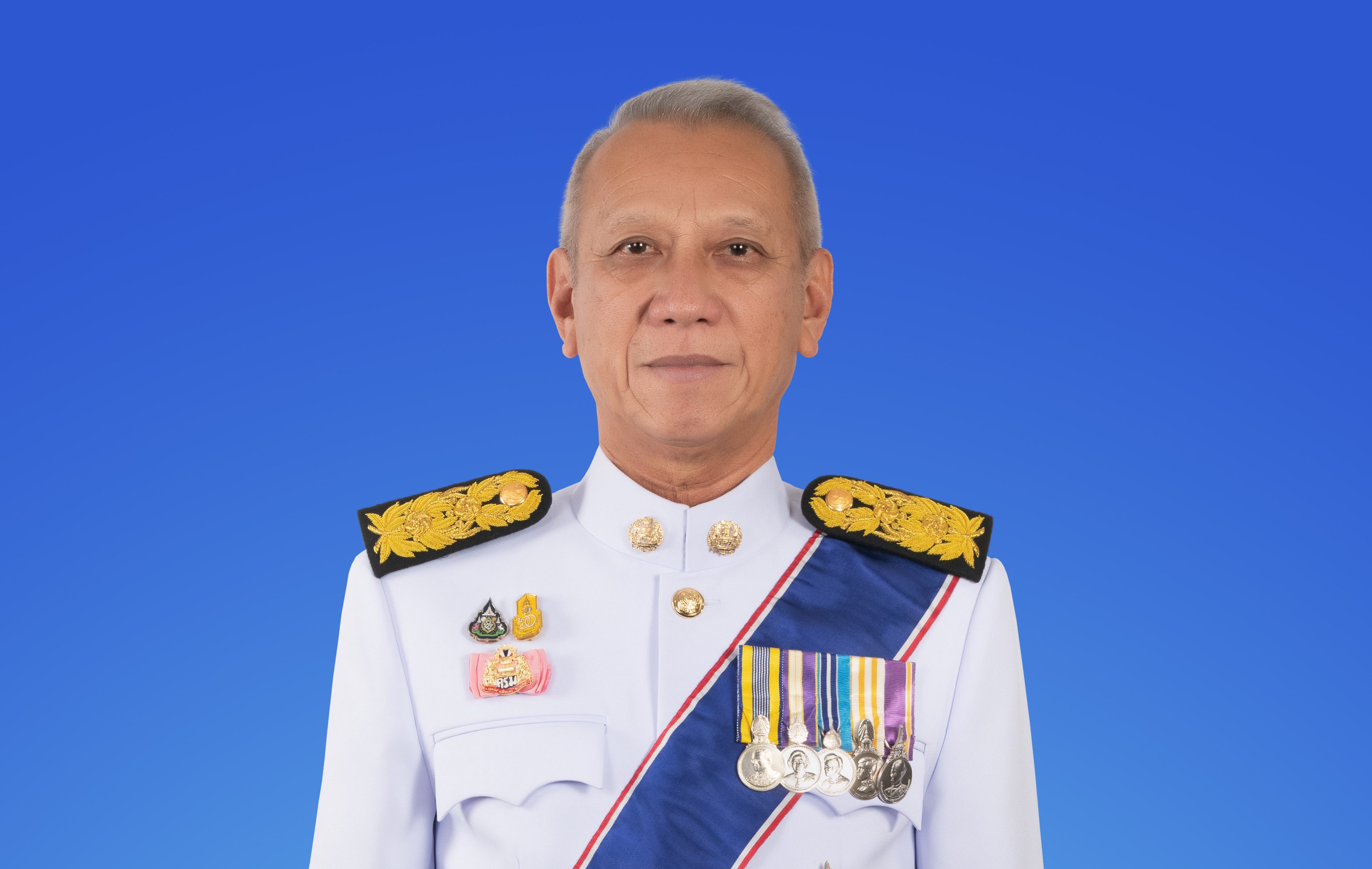


Joseph Isaac Schooling won the first Olympic gold medal for his home country Singapore in the Rio 2016 Summer Olympics. He beat legendary American swimmer Michael Phelps in the 100m butterfly, and broke the Olympic record that Phelps previously held.
Schooling started swimming at an early age and has won in many other international competitions. He is a philanthropist and public figure who has promoted swimming in Singapore and the rest of the region. The 26-year-old swimmer talks to The ASEAN about what it takes to be a world-class athlete and how he is gearing up for the Tokyo Olympics in 2021.
You started swimming at a very young age, 4-5 years old, why did you choose that sport? What motivated you to get into the pool every day to train for hours?
I started swimming when I was 4 and started competing at 5 years old. I have always been interested in all types of sports. I come from a sporting family. My granduncle, Lloyd Valberg, was the first and only athlete to represent Singapore at the London 1948 Olympics and both my parents represented their countries as well in international sporting tournaments. So you can say that sports is in my blood. I also enjoy golf, tennis, table-tennis, badminton, and when I went to school, we had to choose only one sport. I chose swimming and I guess the rest is history. Determination, passion, and hard work is what keeps me going. Those sound very cliché, which they are, but in reality, it’s hard to put in those three things day in and day out. Not many people will want to wake up for morning practice at 5 in the morning, then go for another session in the afternoon and add to that, sessions in the gym as well. Day in and day out. But it’s all about the passion and how badly you want it.
You had to move to the United States to train and compete, why was it necessary for you to make the move? What were the challenges you faced during those times? How did you manage to balance school work, training, and competing?
We made the huge decision together as a family to make the move to the US when I was 13/14 years old. At that time, it was the only choice to be made if I was really serious about taking my swimming to the next level or a few stages of where I was at that time. It was hard—hard leaving friends, very hard leaving family members, and to be in a boarding school in the first two years. Moving away from home at such a young age meant I had to grow up and learn to be independent.
My parents laid a very strong foundation and have a great part to play in building me as a person—how you treat other people, your manners. All that come into play and my parents have always given me the opportunity to discuss and make the decisions for myself. They’re not too constricting and guide me along the right path and so I definitely have my parents to thank for instilling all the right values and belief in me.
I am also very fortunate to have the opportunity to work with some of the best coaches who knew how to get the best out of me and how to help me achieve my goals.
Describe to us your journey to the 2016 Rio de Janeiro Olympics. Did you ever think that you could beat your childhood idol, Michael Phelps, in the 100m butterfly competition; beat an Olympic record; and bring home Singapore’s first Olympic gold medal?
My journey to 2016 was an up and down roller coaster but I learnt a lot of lessons along the way. Lessons that also had to be translated into my daily life. But regarding having the confidence to beat Michael in the 100m Butterfly and breaking the Olympic record, I would say yes. I had raced him a couple of times throughout the year (in the lead-up to the Olympics), I knew that if I could be ahead during the in-season competition, I would have a really good shot when the Olympics came around. So I was always confident and never gave up hope.
Many people say that was the pinnacle of your career. How did that defining moment change you as an athlete and as a person? What are the next goals you have set out for yourself?
I remember going through a gamut of emotions when I realized I’d won the gold medal. That was probably one of the best feelings ever and one that I will cherish forever and will always spur me on and keep me focused on achieving future higher goals. There is still some way for me to go in my career. I am focusing on the Olympics for next year to defend my title in the 100m Butterfly. I am also focusing on qualifying for other events, especially the relay event. It would be the first time Singapore’s men’s relay team (swimming) will feature in the Olympics if we qualify.
The Tokyo Olympics have been postponed to 2021 because of the COVID-19 pandemic. How has that affected your sport, your physical and mental training?
Despite the Tokyo Olympics being postponed, I think you can find positives out of every negative. It gives me an extra year to get physically and mentally stronger, working on the things that can get me to where I want to be in 2021. Although we’ve had to do things a bit differently, “different” doesn’t mean we can’t do other things to get me to the same spot I wanted to be in. So I’m looking at the extra year as a positive boost for myself.
For the young people who look up to you and would like to follow in your footsteps, what will you tell them about how to deal with challenges and achieve their goals? What would you advise them to do while sporting events are on hold and they are unable to train and compete?
I’d tell them to love what you do, be passionate about it. If you have that mind-set and that perseverance, nothing can really stop you, or anyone. I’d say just keep working at it. There are always ways to work around these situations. The environment or circumstances may have changed but your goal hasn’t changed, so keep working towards it and be creative. Work hard, never give up.
You have donated your time, celebrity status, and funds to several charities. Why do you believe that it is important to give back?
I believe it’s important to give back because you always have to go back to your roots. My journey to the Olympics, while it was mostly enabled through my Mum and Dad and also on my own accord, was supported by many external parties. Whether it’s through organizations or scholarships to help fund my schooling and training, becoming a world-class athlete is not only time-consuming but also very expensive. You always need strong support behind you at all times.
Right now, being in the position that I am, I think it’s fundamentally important to give back to budding athletes and also to those who might not be as fortunate as I was, and try to help them realize their hopes and dreams. Not everyone is going to be an Olympic champion, but I believe it’s amazing to help as many people as possible realize their potential, whether it’s winning gold medals or achieving different breakthroughs in other avenues of life.
What do you hope to see for the development of sports, not just in Singapore, but in the rest of the Southeast Asian region? How can athletes and sports be given more support?
We have a huge population in Southeast Asia, and within that there are obviously different facets of talent that can be tapped and nurtured. I believe everyone is talented in a different way and in their chosen sport, be it golf, tennis, etc. Athletes need a solid atmosphere, good foundation, and strong support pushing them, allowing them to elevate themselves to the level they need to be at to compete against the world’s best.
The ASEAN thanks the Sports Division of the Ministry of Culture, Community and Youth Singapore for making this interview possible.








